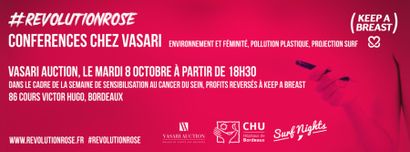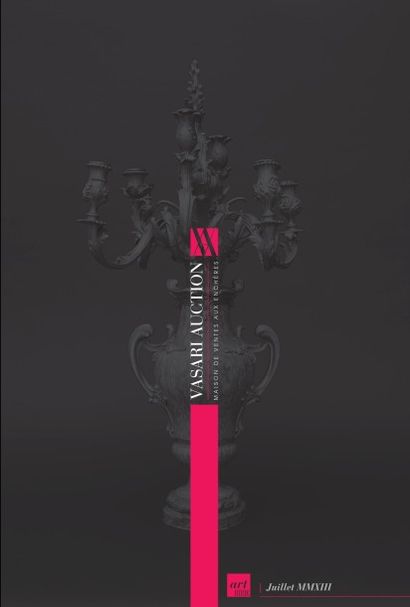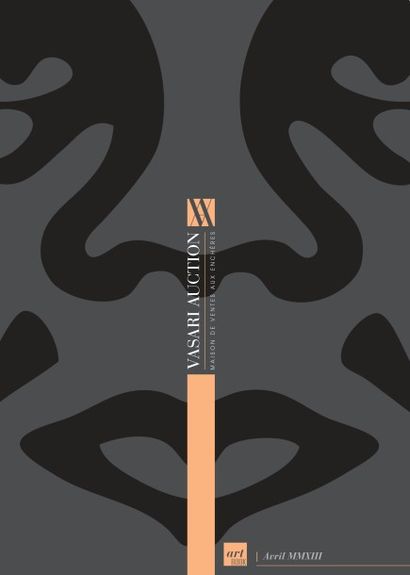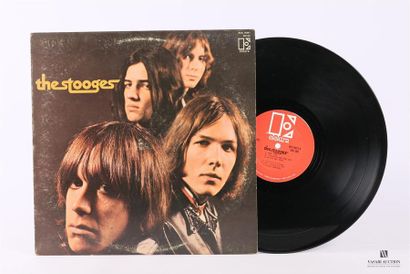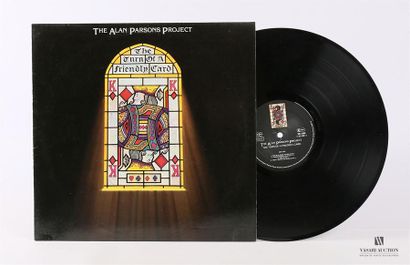Vinyle
A brief history of the record
The black record, its colorful sleeves, its booklets, its sometimes crackling sound, welcome to the world of vinyl records. Some appreciate it as collectors and seek rare pearls by hunting in sales, garage sales, auction rooms, others revel in it as simple music lovers and seek to find the sound of yesteryear and the voice of the greatest.
Let's learn about the history of this quintessential vintage object.

The invention of the LP record
Invented in 1887 by Emile Berliner, the groove record lets you listen to your favorite artists through a gramophone. Mechanical, the system turns a needle in the groove printed on the disc. The sound is emitted by vibration. The needle, however, makes a rubbing noise and the disc wears out quickly.
In 1920, the use of electricity enabled the invention of the amplifier and the improvement of sound quality. At this time, the record was still produced in shellac, which was fragile and subject to the wear of time.
Vinyl, a new medium.
Around 1940, the first tests of vinyl records made their appearance. In 1946, Columbia filed a patent for polyvinyl chloride records, which were lighter, stronger and less expensive. The micro groove is introduced on these new, easier-to-shape records, reducing noise and record wear. The disc, which was still a 78 rpm, goes through 45 rpm, 33 rpm and 16 rpm.
In France, Pathé takes over this technology first. However, the use of the micro groove obliges music lovers to use an electrical device to the exclusion of any other.
Eddie Barclay imports 3000 record players from the United States, allowing the vinyl boom in France, and creates his own label.
In 1958, the invention of stereophony allowed more modulations. It was also at this time that the diamond point replaced the sapphire point: more resistant, it once again reduced the wear of the disc.
The decline of vinyl
In the 1980s and 1990s, the decline of vinyl began, first with the invention of the cassette, then with the invention of the CD in competition with it. Some music lovers oppose vinyl to CD claiming that the sound made by vinyl is warmer. In Funk and electro music in particular, there are songs that are not reissued on CD.
The last large production LPs were released in 1991, and the last 45s in 1993.
Vinyl is still used for very specific musical genres: jazz, electro, punk, etc. Or even by DJs for mixes.
And its renewal
Since the 2000s, vinyl has experienced a revival and some artists have released 33 and 45 rpm records. This is the case of Daft Punk or Pharrel Williams.
But by the way, how do you make vinyl?
The first step is to record the selected music on a tape recorder. A few rare discs were burned live on a wax disc.
An aluminum disc is covered with a lacquer, itself engraved by means of a chisel, a spiral groove. An electromagnetic device can retransmit small movements responding to the sound signal, and thus engrave the sound in the groove.
The disc is then covered with metal, this one printing the trace preserved by the lacquer. The lacquer layer is removed, leaving a metallic matrix.
The disc is produced in this die, by simple pressing.
What is the difference between a 45, 78 or 33 rpm?
These different names come from the number of revolutions per minute that the disc performs.
The 45 rpm record measures about 18 centimeters and serves mainly as a support for singles. The 33 rpm is approximately 30 cm. It is also called LP (long player) unlike SP (single play: 45 rpm).
Attention, to simplify everything, there are also the maxi 45 rpm, almost in 33 rpm format, with a long title on each side. Some LPs can also be smaller and measure 25 cm ...
Finally, a format that you will encounter more rarely: the 78 rpm. This is the ancestor of the vinyl we were talking about at the beginning of this article, it is made with a groove and not a LP and was used until the 1950s.
What are the most sought after vinyls at auction?
Below are some examples of vinyls that are in demand these days because of their rarity:
- The Beatles are one of the most sought after groups: between limited edition, Lennon record before the group was formed, etc ...
- Nirvana's Bleach record in its 1992 edition in 500 copies
- The Music for Supermarket disc by Jean-Michel Jarre which destroyed the original soundtrack after making a single copy
- The first prints of Pink Floyd
- The Rolling Stones Street Fighting Man / No Expectation record from 1968 of which only 20 copies are known (the cover illustrating police violence, too controversial)
- The Velvet Underground record, the cover of which features a banana designed by Warhol
The most sought-after records remain funk, pop, rock or jazz records.
And you ? Have you recently sorted your cupboards? Vasari-Auction is at your disposal for inventory and sales requests or free valuation. Today we are one of the few auction houses to sell vinyl records individually at our auctions.



